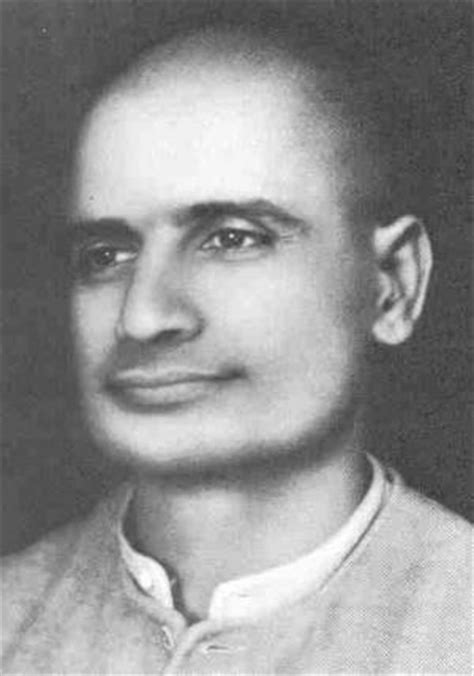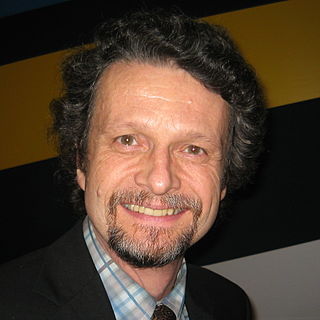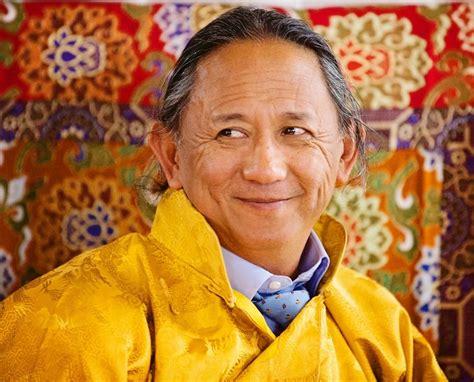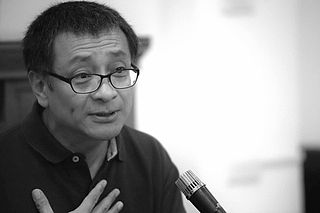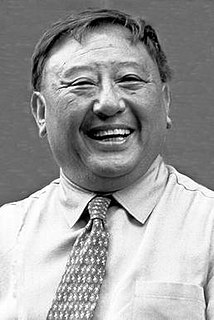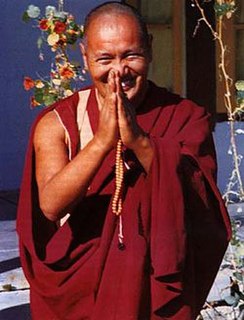A Quote by Longchenpa
To reject practice by saying, 'it is conceptual!' is the path of fools. A tendency of the inexperienced and something to be avoided.
Quote Topics
Related Quotes
I don't know the reasons why something is intimidating to me or disgusting to me and I don't like feeling that way, either. I don't like it when something turns me off, on any level. So, its a matter of saying: Well, I can either sit here and reject, or I can do double-time embracing of something else just to reassure myself that I'm not against the world.





